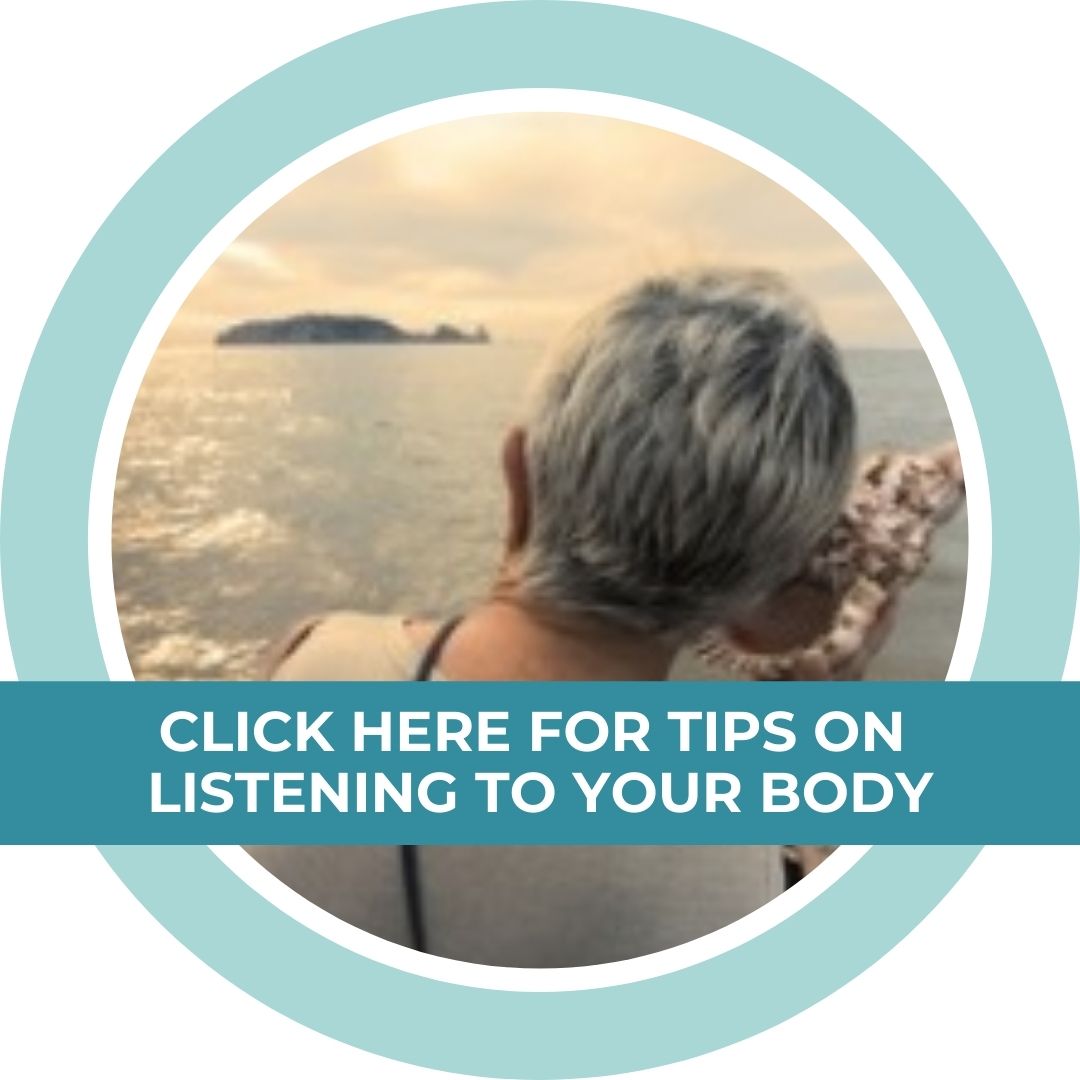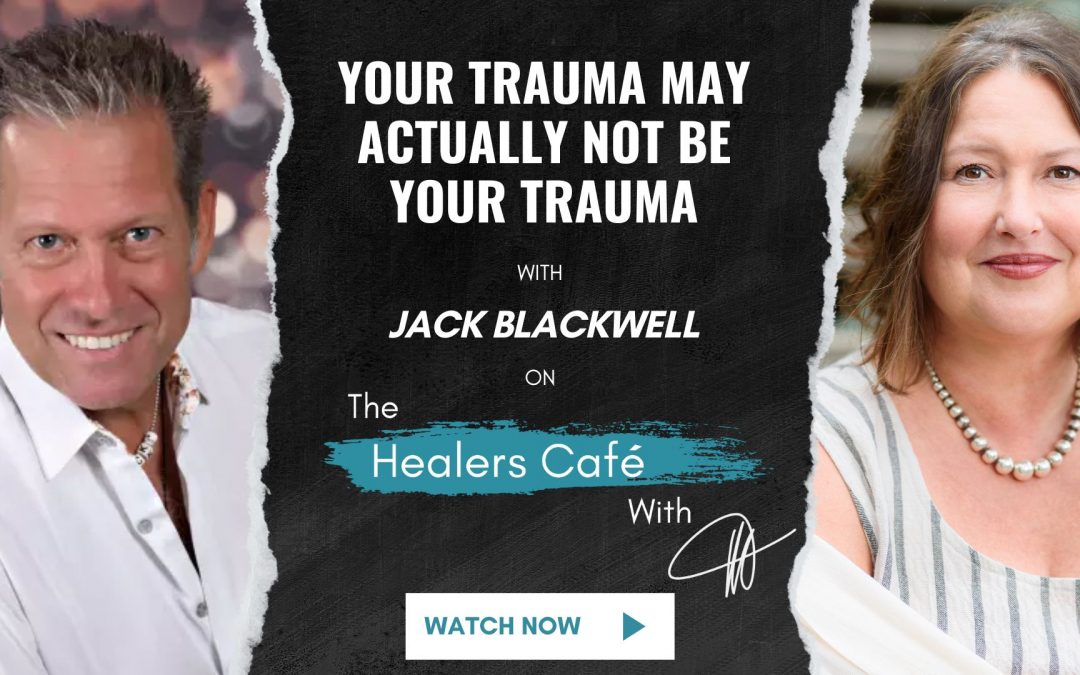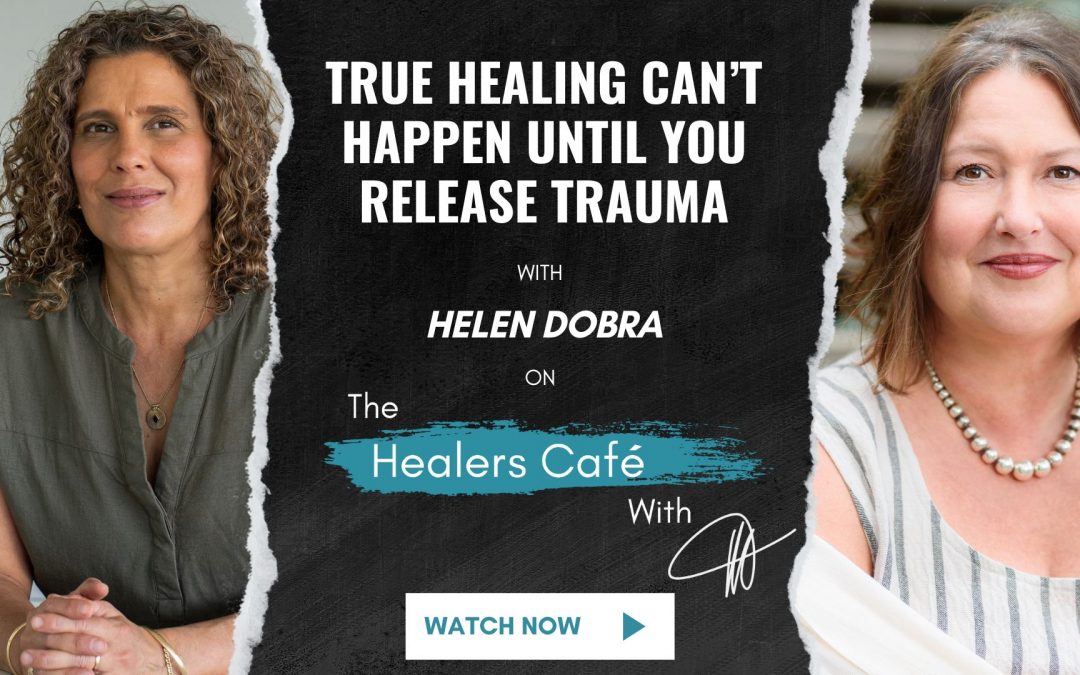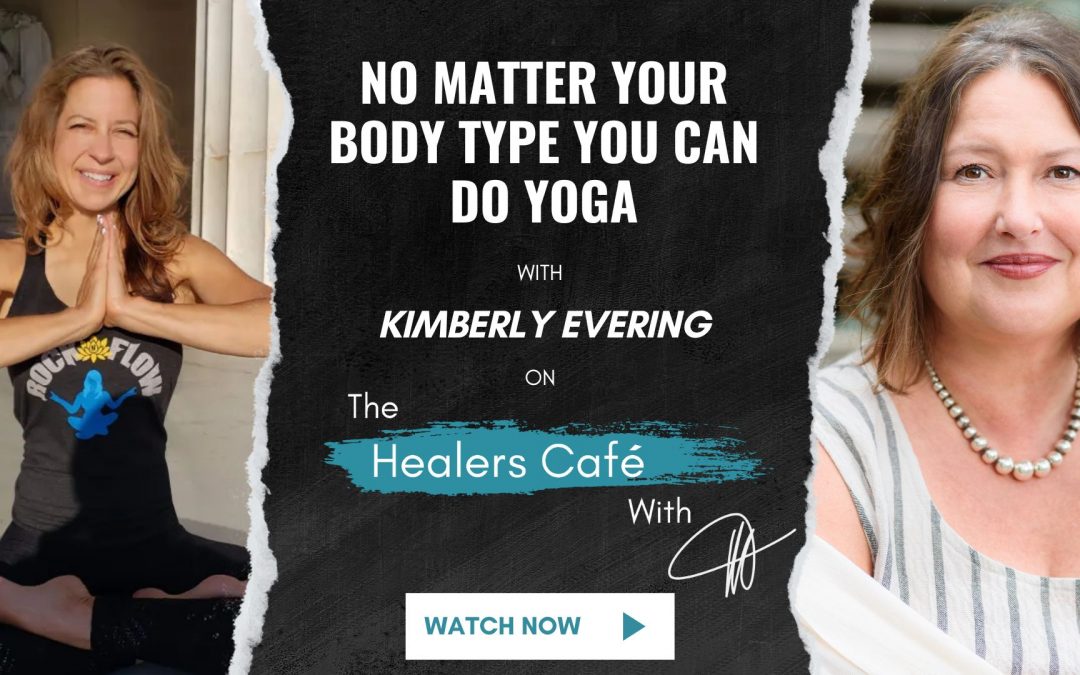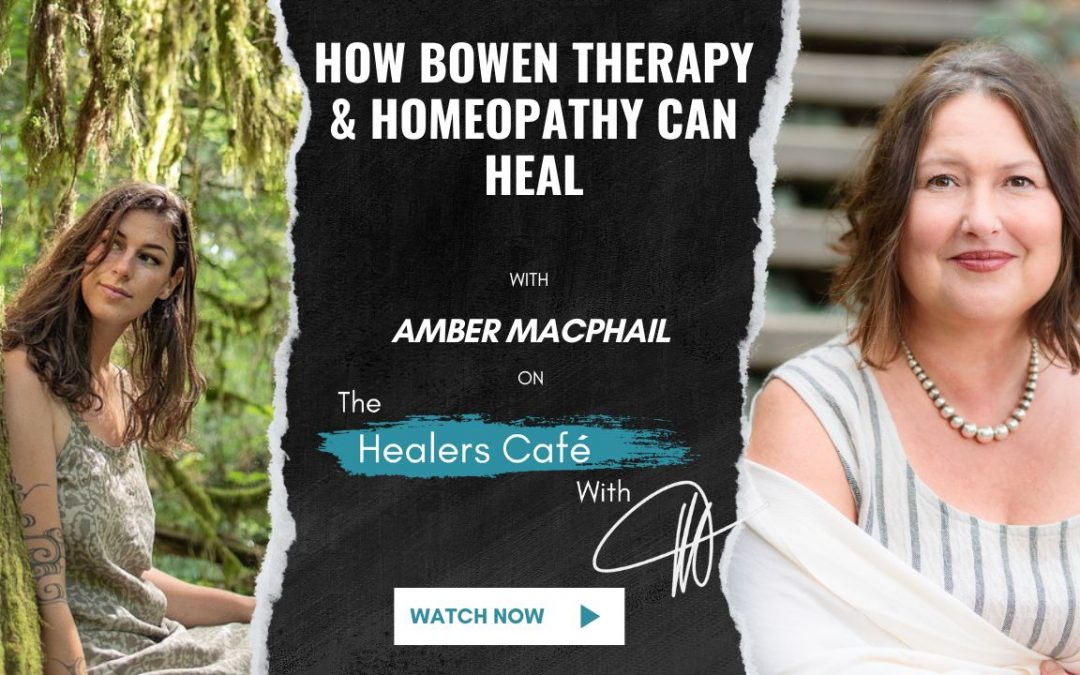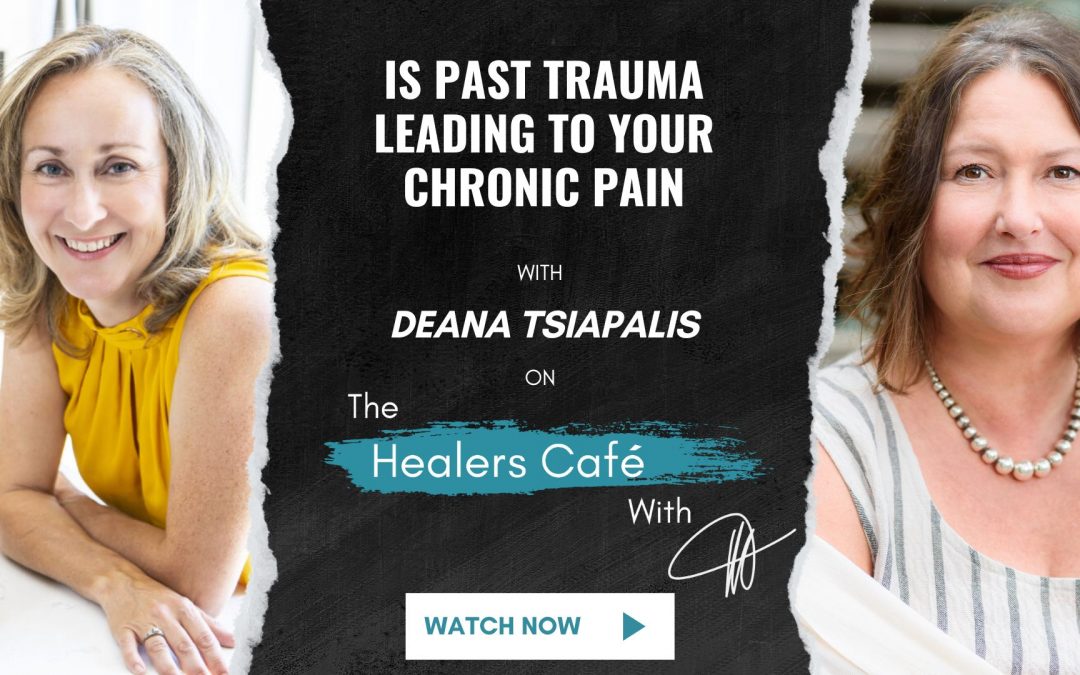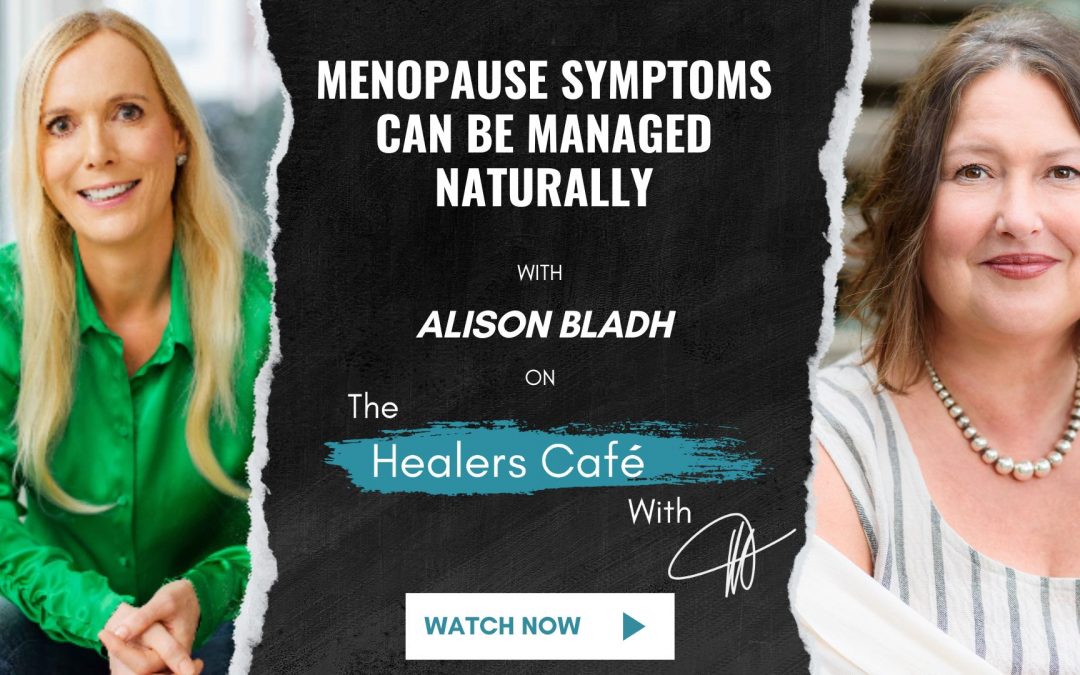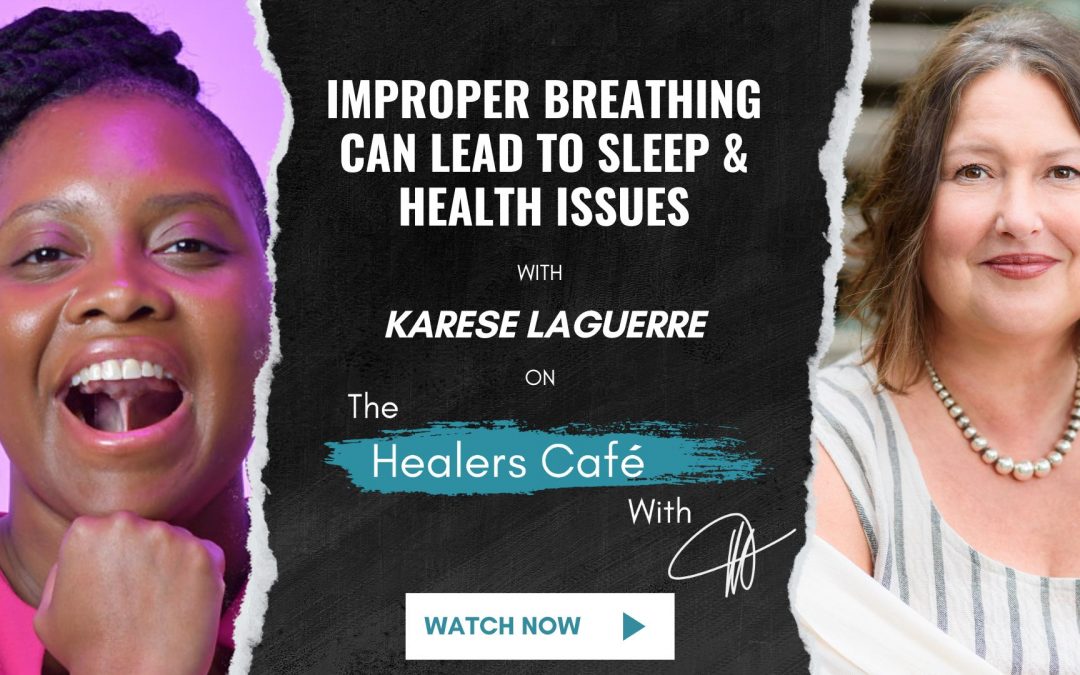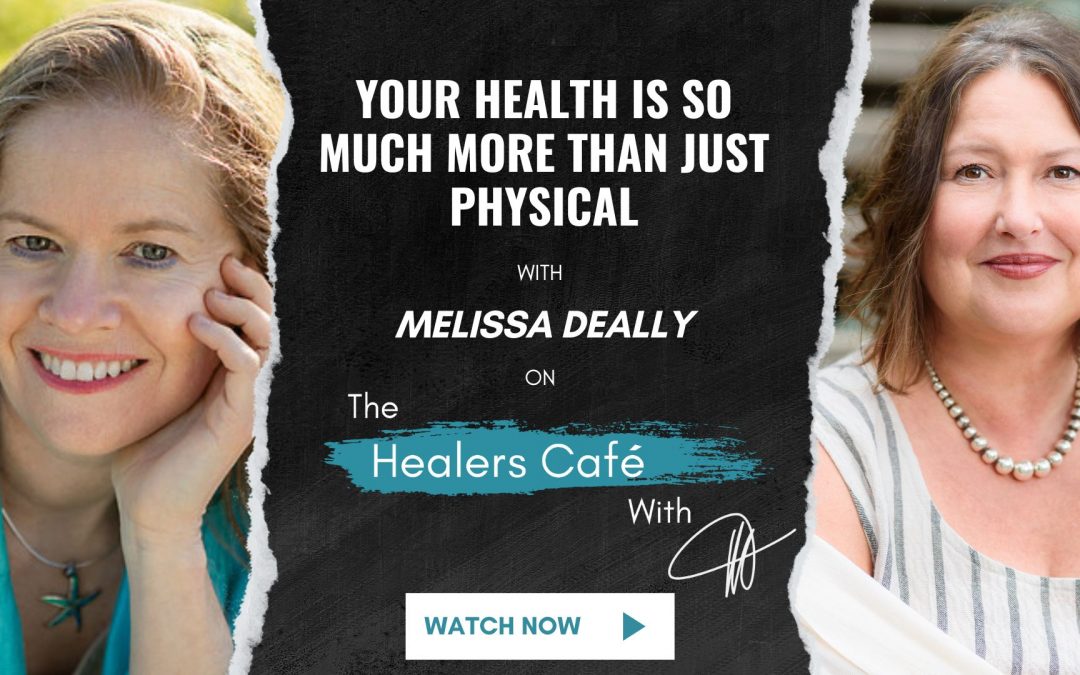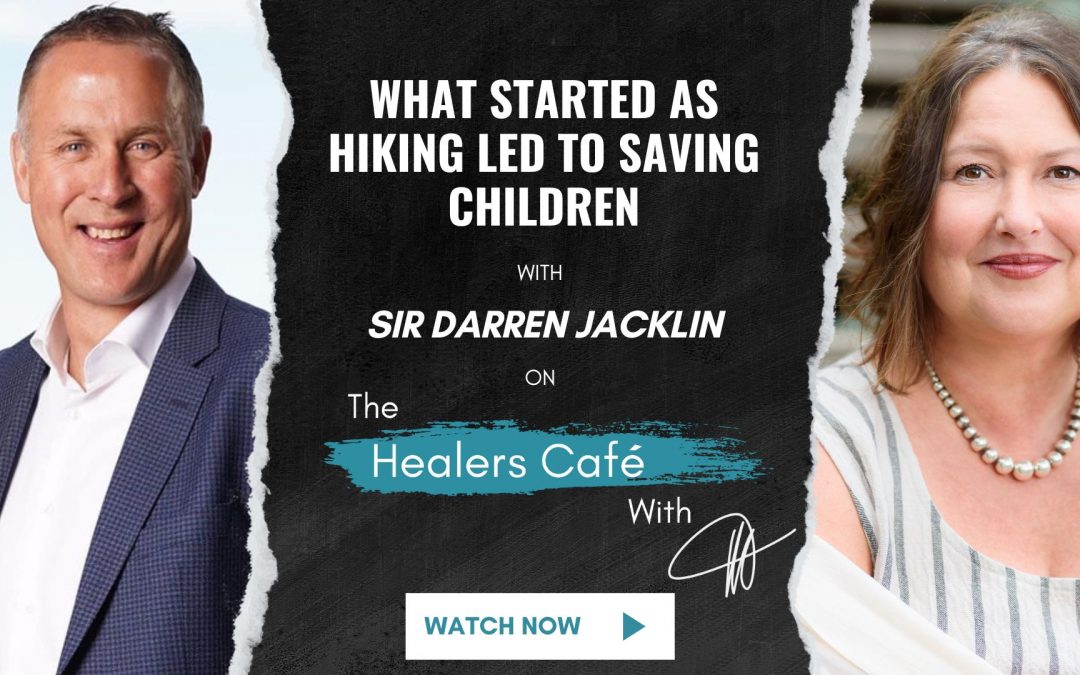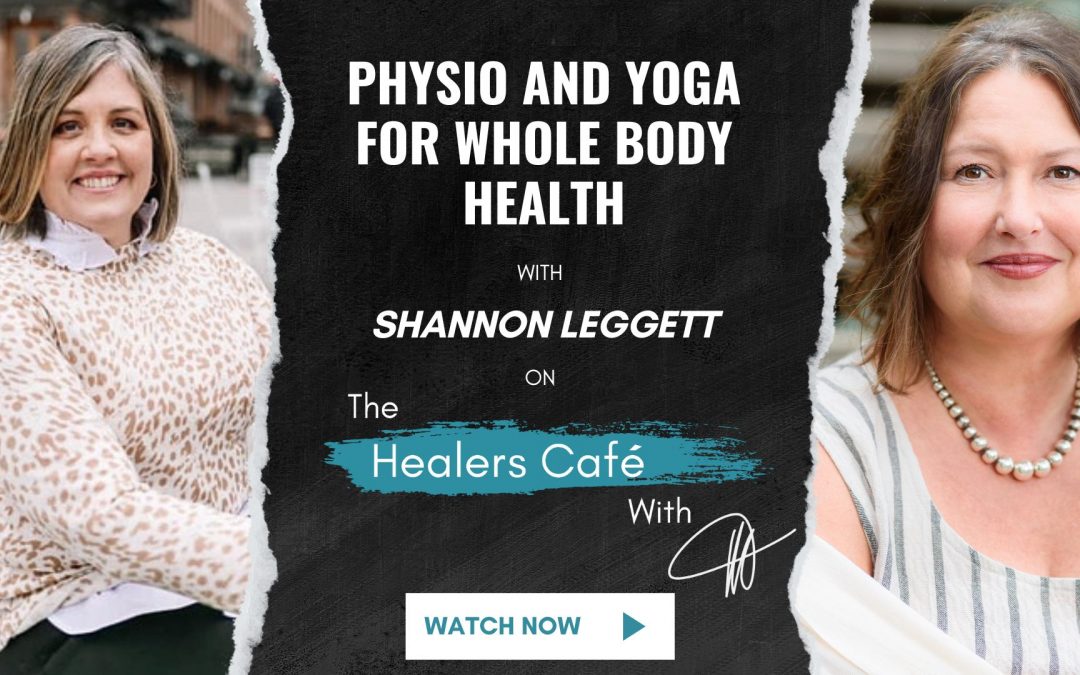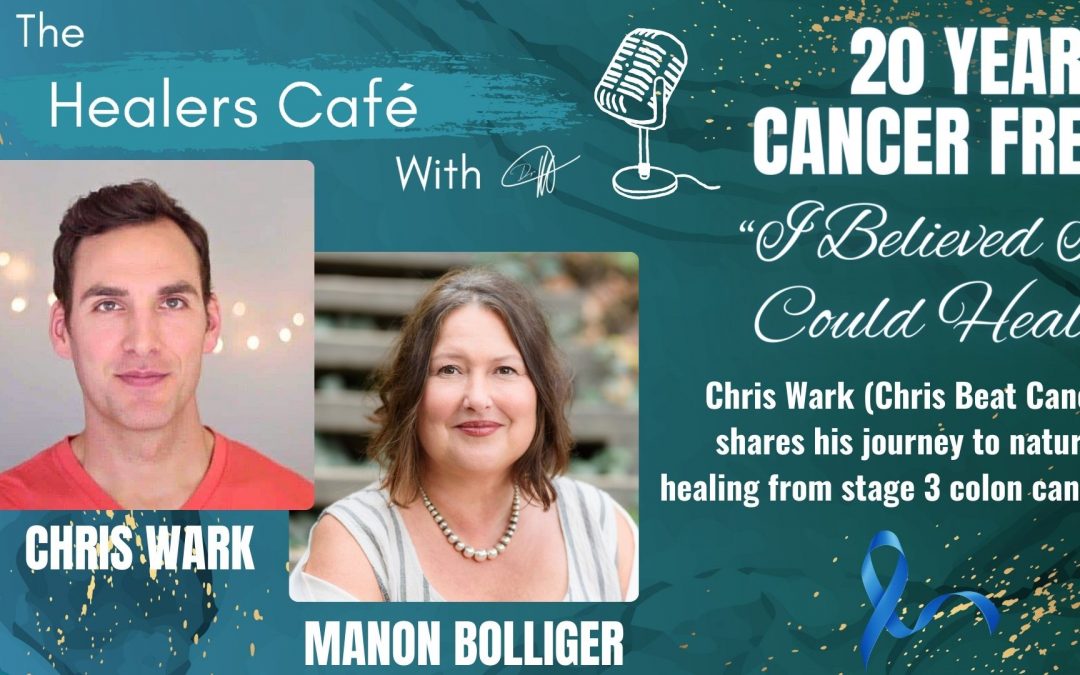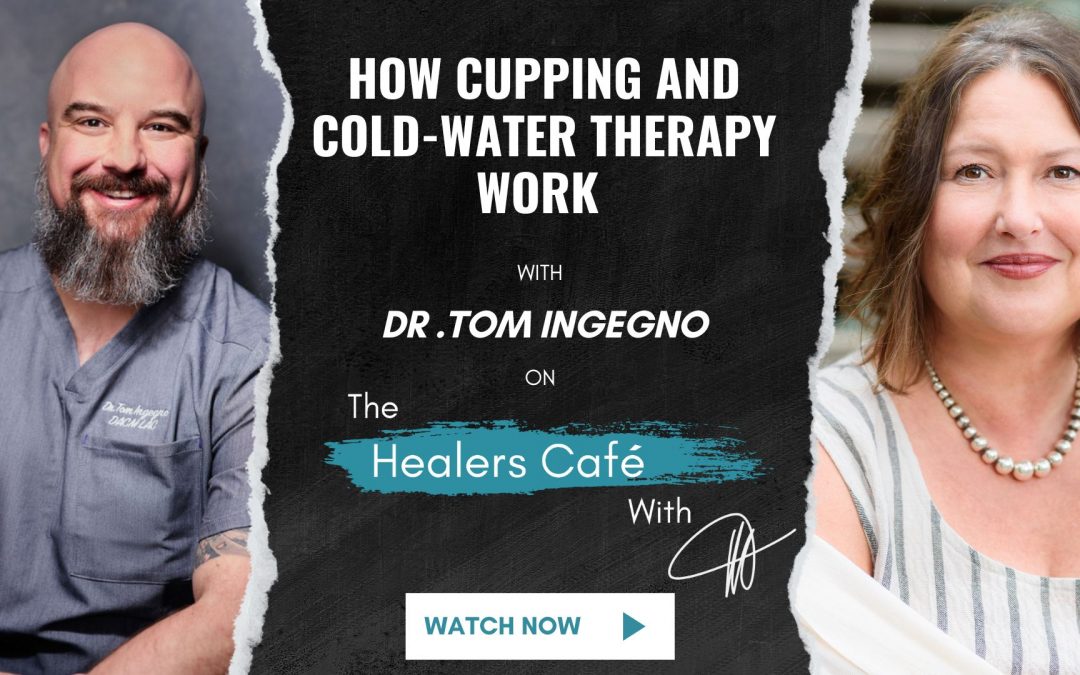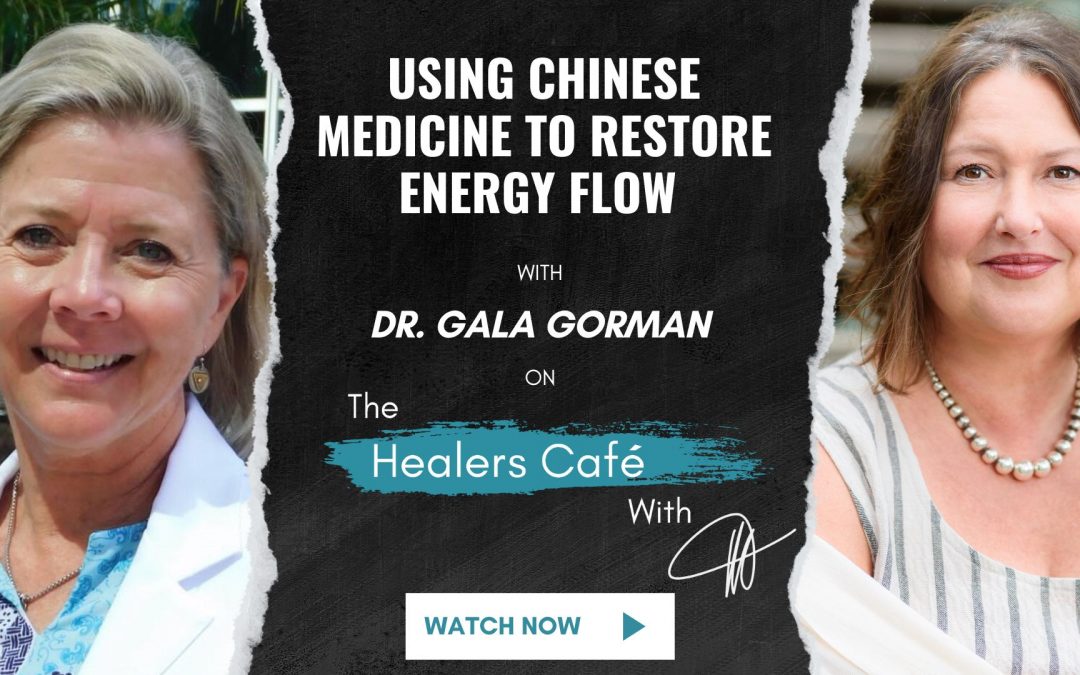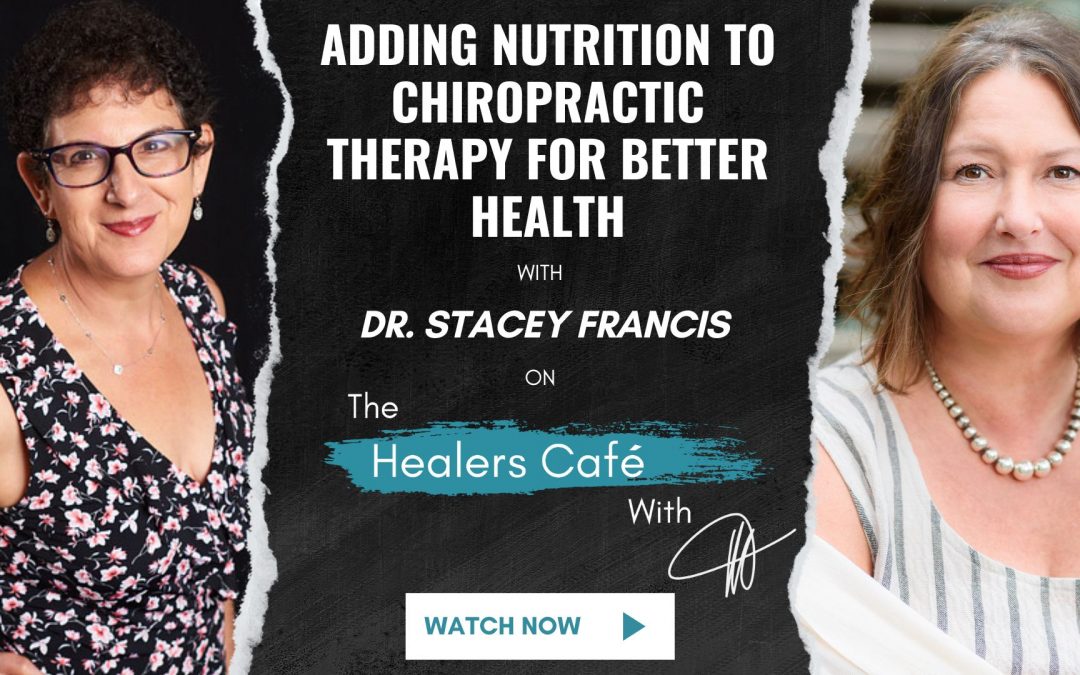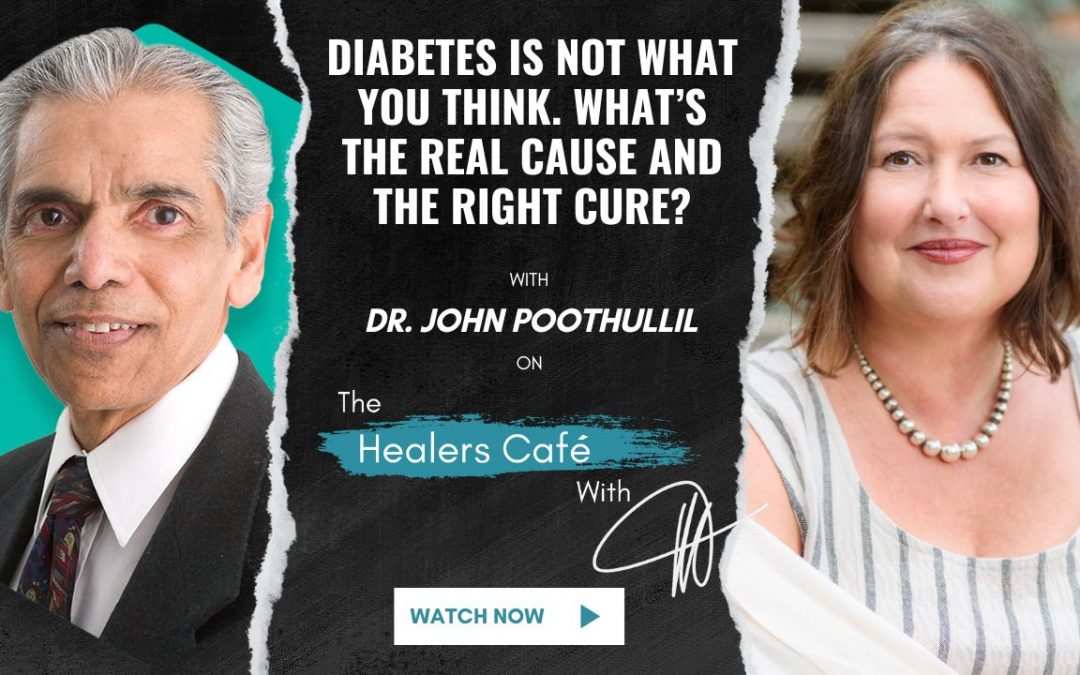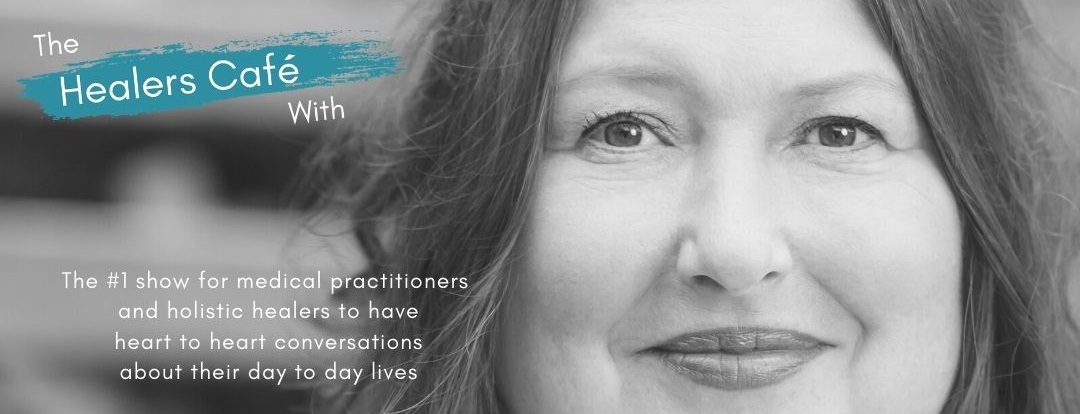
If you haven’t done so, would you please RATE and REVIEW The Healers Café podcast? It definitely is appreciated
Follow / Listen to The Healers Cafe on:
iTunes | Google Play | Spotify, | Libsyn | iHeartRadio | Gaana | The Healers Cafe | Radio.com | and many more
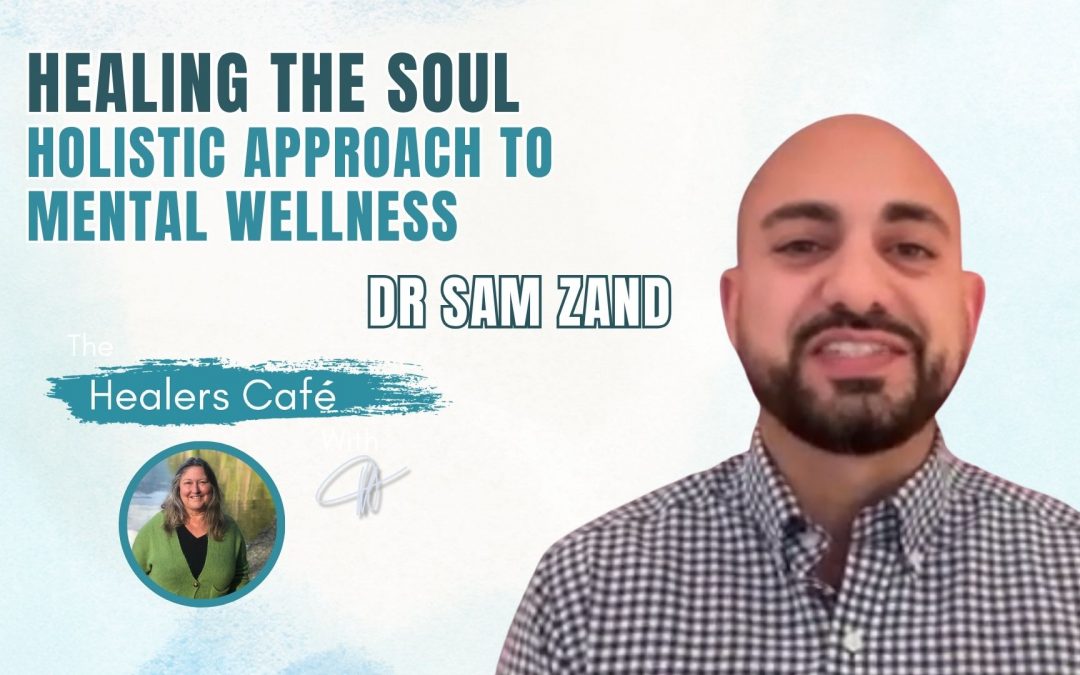
Dr Sam Zand
Healing the Soul: A Holistic Approach to Mental Wellness with Dr Sam Zand on The Healers Café with Manon Bolliger
In this episode of The Healers Café, Manon Bolliger, FCAH, RBHT (facilitator and retired naturopath with 30+ years of practice) speaks to Dr Sam Zand highlights the importance of addressing biological, psychological, environmental, and spiritual factors. He emphasizes rapport-building with patients, using introspection over metrics, and the potential of ketamine for brain optimization. Zand advocates for a more connected, spiritual approach to mental health, leveraging ancient wisdom and modern technologies to enhance wellness.
Highlights from today’s episode include:
Dr. Zand reflects on the historical lack of understanding about the brain-gut connection and the importance of holistic education.
Dr Zand emphasizes the importance of being a humble student and questioning established practices in brain science.
– – – – –
Manon Bolliger 28:24
A couple of thoughts that have come from the interview with Dr Sam Zand is just that, you know, the ability to be opened, that we may not have everything yet, that we’re constantly work in progress.
ABOUT DR SAM ZAND:
Dr. Sam Zand is a board-certified psychiatrist and a leading voice in holistic mental health care. With a passion for integrating traditional psychiatry with innovative, evidence-based approaches, Dr. Zand helps individuals achieve lasting mental wellness by addressing the mind, body, and spirit.
As the founder of Anywhere Clinic, Dr. Zand is pioneering accessible, patient-centered mental health care through telepsychiatry, offering a blend of medication management, therapy, lifestyle interventions, and neuroplasticity-based treatments. His approach goes beyond symptom relief—he focuses on root causes, guiding patients toward sustainable healing through mindfulness, nutrition, movement, and mindset shifts.
Dr. Zand is also a recognized expert in ketamine-assisted therapy, utilizing sublingual ketamine treatments to help patients struggling with depression, anxiety, PTSD, and other mental health conditions. By combining medication with therapeutic support, he empowers patients to rewire thought patterns, break free from limiting beliefs, and rediscover their purpose.
Beyond clinical practice, Dr. Zand is an educator, speaker, and advocate for mental health awareness. He has been featured on leading mental health and business podcasts, sharing insights on holistic psychiatry, neuroplasticity, and emotional resilience. He is passionate about breaking the stigma around mental health care and helping people realize that true healing is possible.
Through his work, Dr. Zand continues to transform the way mental health care is delivered, making compassionate, effective treatment accessible to all. Whether through one-on-one care, digital resources, or speaking engagements, his mission remains the same: to help people cultivate a life of mental clarity, emotional strength, and holistic well-being.
Core purpose/passion: My core purpose is to redefine mental health care by making it more holistic, accessible, and transformative. I believe true healing goes beyond symptom management—it requires addressing the mind, body, and spirit. My mission is to help people break free from limiting patterns, heal from past wounds, and step into their full potential. Through Anywhere Clinic, psychedelic-assisted therapy, and neuroplasticity-based treatments, I’m committed to empowering individuals with the tools they need to heal. By integrating science, compassion, and innovation, I strive to create a world where mental wellness is within reach for everyone, no matter where they are.
ABOUT MANON BOLLIGER, FCAH, RBHT
As a recently De-Registered board-certified naturopathic physician & in practice since 1992, I’ve seen an average of 150 patients per week and have helped people ranging from rural farmers in Nova Scotia to stressed out CEOs in Toronto to tri-athletes here in Vancouver.
My resolve to educate, empower and engage people to take charge of their own health is evident in my best-selling books: ‘What Patients Don’t Say if Doctors Don’t Ask: The Mindful Patient-Doctor Relationship’ and ‘A Healer in Every Household: Simple Solutions for Stress’. I also teach BowenFirst™ Therapy through Bowen College and hold transformational workshops to achieve these goals.
So, when I share with you that LISTENING to Your body is a game changer in the healing process, I am speaking from expertise and direct experience”.
Mission: A Healer in Every Household!
For more great information to go to her weekly blog: http://bowencollege.com/blog.
For tips on health & healing go to: https://www.drmanonbolliger.com/tips
SOCIAL MEDIA:
– Linktr.ee | Rumble | Gettr | Facebook | Instagram | LinkedIn | YouTube | Twitter |
About The Healers Café:
Manon’s show is the #1 show for medical practitioners and holistic healers to have heart to heart conversations about their day to day lives.
Subscribe and review on your favourite platform:
iTunes | Google Play | Spotify | Libsyn | iHeartRadio | Gaana | The Healers Cafe | Radio.com | Medioq | Audacy |
Follow The Healers Café on FB: https://www.facebook.com/thehealerscafe
Remember to subscribe if you like our videos. Click the bell if you want to be one of the first people notified of a new release.
* De-Registered, revoked & retired naturopathic physician after 30 years of practice in healthcare. Now resourceful & resolved to share with you all the tools to take care of your health & vitality!
TRANSCRIPT
Introduction 00:00
Welcome to the Healers Café. The number one show for medical practitioners and holistic healers, to have heart to heart conversations about their day to day lives, while sharing their expertise for improving your health and wellness.
Manon Bolliger 00:17
Welcome to the Healers Cafe, and today I have with me Dr Sam Zand. He’s a board certified psychiatrist and a leading voice in holistic mental health care with a passion for integrating traditional psychiatry with innovative, evidence based approaches. Dr sand helps individuals achieve lasting mental wellness by addressing the mind, body and spirit. Now his approach goes well beyond symptom relief. He focuses on root causes, guiding patients towards sustainable healing through mindfulness, nutrition, movement and mindset shifts. I’ll just add that you’re also a recognized expert in ketamine assisted therapy, utilizing some legal ketamine treatments to help patients struggling with depression, anxiety, PTSD and other mental health conditions. I think I’m going to leave it at that long bio, lots to share, but we have a short time together, so I think we’re going to start with that. And, well, thank you all. And, yeah, what, what got you started on this journey like, well, I guess what I’m thinking more is that the holistic, the need for the holistic component inside?
Dr Sam Zand 01:46
Yeah, you know, when I started my medical school, I was a kid, right? I was lost in my 20s. I didn’t really know fully what I wanted to get into with medicine. I thought psychiatry, I thought mental health. Called me and my dad’s engineer, my mom’s a psychologist, and so engineering the mind was always interesting to me, but every early exposure I had to psychiatry made me feel like, No, I don’t I don’t know if this is what I want to do with my life. And finally, when I made the plunge, it was more of a rebellious feeling that I had, where I felt like we had to clean up the industry. We had to improve some archaic strategies. And I think that young naivete really helped me in those early years, because I didn’t digest everything they were telling me as truth, as science and in our field, in brain science, nothing really is 100% fact, you know, we don’t understand the brain. And so to assume that, I think, is a level of arrogance that we know what we’re talking about and so to be a humble student and to challenge things, to question things, I continue to embody that nature now, without the rebellious feeling I feel like as a as an industry, we’re making strides together. We’re calling out our own shortcomings. We’re noticing that some things didn’t work, and we’re noticing that some other modalities are working great. And really it brings us back to, if we can get away from what science has taught us in the last 50 years, what has life taught us in the last 5000 years, in the last 500 years? And that’s where some of these holistic strategies become very exciting. Wow.
Manon Bolliger 03:17
So you were not one of these people that when they said, Oh, your gut health matters. Maybe just because the neurotransmitters are made there,
Dr Sam Zand 03:27
we just back in the day, right? It’s, How does what we eat affect our brain? It doesn’t make sense. It’s, it’s comical now, right? Because most people, the science is caught up. And I think that’s what’s interesting about the last just 10 years is YouTube and podcasts and the education is all at our fingertips. Now, whereas before education was safeguarded, it was gate capped, it was protected, it was passed on, I just read the Hippocratic Oath again, and one of the fascinating parts that I forgot about in the Hippocratic Oath was that we need to share education those of us who have given this oath, we need to share it on to those who also have taken that pledge and that oath, and then we also need to keep it from those who may not use it appropriately. And that was interesting to me, because we’re not living in that in that era anymore. You know, 20 years ago, a patient said, I looked this up on WebMD, the clinician would kind of give them that judgment, like, hey, we shouldn’t be Googling our illnesses, right? But now I’m telling my patients, you should AI double check everything that I say, that any doctor says anything you hear, you know, get more education, because we don’t know what’s true and what’s not. And so I think that that blends into more of an alternative, holistic practice, rather than a scientific dogma that we have to follow.
Manon Bolliger 04:48
Yeah, and I think the researching is is important because it’s also taking charge of your your health. And question mark, though, is, you know, if you Google it, you may not find it either, because, you know, Google has also changed its whatever. It’s called aloe, alogarithms.
Dr Sam Zand 05:09
The algorithms are designed in certain ways.
Manon Bolliger 05:14
Natural things like Mercola just disappeared. You know, unless you know he exists, you can’t, you know, you won’t, you’ll never get something a natural approach, right? So what? What do you recommend there for patients who they want to know if this is truly a so called mental illness, or is there anything natural? How do they get more informed
Dr Sam Zand 05:38
in that we, the algorithms and the assessment tools that we have there. It’s fascinating, because part of this work is realizing that it’s ..
Read more...
biological, it’s psychological, it’s environmental, and it’s spiritual. How are we ever to track our spiritual health with metrics, you know, let alone our biological or psychological health completely and so while we’re using the DSM and the PHQ nines and all these surveys and scales and assessment tools, really, I think the introspection of self, if we want to understand what we’re going through, is just simplifying it into those categories and not adding any metrics to it, how am I doing biologically? How is my physical health, how’s my sleep, my nutrition, my activity, how is my nervous system regulation? And then let’s look at the psychological health. How was the conversation with self? How is our self image? How is then our social and environmental health, our relationship with the world around us? And then spiritually, how do we interact with those things that we cannot define, whether consciously or subconsciously. And so I think to try to objectify this, this journey into numbers and surveys, does a disservice in many ways, and it becomes that open conversation that could use some professional guidance. It can also be done individually. It can be done with technological tools as well. But I think just being open to all of this overlapping is the key, rather than trying to simplify it.
Manon Bolliger 07:06
Yeah, no. And I like the distancing you have with statistics, you know, because I know in as a naturopath, now no longer practicing, I have to say that publicly. But what’s interesting is that they, you know, patients will come and say, Well, they say, the stats about my condition, blah, blah, blah. I said, well, the stat about you individually is individual. And that’s the bottom line is, you know, you have to, in, go introspective in a lot of the assessment. So how let’s see, where can we start with all your wealth of knowledge? Maybe, maybe describe a little bit then, yeah, when a patient comes in, what’s sort of the process that you might, you know, so they, they may be, they may call themselves depressed, or they’ve been labeled so by somebody, right? And they’re coming in, what do you where do you go from there?
Dr Sam Zand 08:13
Great question. We train clinicians, you know, every month, new clinicians and new states, and the number one thing we start with is rapport building. Is meeting the patient where they are, meeting our community member, whoever it is, where they are, because that’s the one of one quality that you talked about that I think is most important in my space as a psychiatrist, if I was a surgeon, Yeah, everybody’s different, but more or less physics are the same, and someone has a different chemical makeup, a different genetic makeup, a different cardiovascular history. But the one of one here is that not only is everybody different in their biopsychosocial spiritual makeup, but where they are in their journey is different, and the way that they believe that they are doing, the way that they perceive themselves, the way that they perceive the visit itself. I just saw a 16 year old today who she didn’t sign up for the visit. You know, with me, her parents signed her up, and that’s a very different approach to care, because she’s not looking for care. She’s feeling like she’s being made to feel wrong, like there’s something broken that needs to be fixed. And so starting with her, I wouldn’t just jump into you know, how are we doing? Tell me about all the things in your life, because then she’ll start to feel judged, and she’ll start to feel like, well, now I need to defend myself and not talk about the bad things in my life. Maybe focus on the good or blame others so that I’m not made to be the bad one. It’s my parents who need the therapy, not me. So the visit with her is very less clinical and more so exploring what’s important to her and just letting her vent and tell me about how much you hate your parents, like I’ll just start there. And so meeting. Using the patient where they are is, I think the key from there, we do an introspective exploration together so that we don’t feel judged, we don’t feel there’s something wrong with us. And then we use our experience and knowledge and intuition to start to prioritize what the person’s ready to work on. Shed A flashlight on things maybe they didn’t notice that need to be worked on and be empathetic and compassionate and gentle about it. And then, if asked, we’ll talk in clinical terms, in DSM terms, but I never bring it up.
Manon Bolliger 10:34
Wow, that’s so refreshing. Yeah, it’s from a naturopathic perspective, though, I should again, this is not publicly accepted by the board of naturopaths, because we are very much trying to be green allopaths. So, you know, using these fancy terms and the diagnosis is something that you know is looked highly upon, right? You know, it’s when you’re trying to achieve something instead of recognizing what you have. That’s that. But anyway, I’m not in in that. But the first thing I would do is they, they’d say the what their diagnosis is, and it’s like, so what do you know about this? What? How true is it for you? And it’s like suddenly they kind of lose that hold, and it sounds like the moment they don’t identify that this is absolutely them, and there’s no way out of this. It’s like healing becomes a possibility, a dialog really happens, you know? So it’s great not I love not labeling immediately, it’s so hard, you know,
Dr Sam Zand 11:42
removing constraints if they’ve already been built, and not adding those constraints if they haven’t been subject to that. Most of our patients have been in mental health work or psychiatric work, so there’s a lot of unwinding and unlearning. But those who are brand new to it, I think it’s such a wonderful opportunity to reinforce that there’s nothing wrong with us when we focus on Diagnostics, we’re looking for what’s wrong instead of we could spend a whole session focusing on what’s right and just building somebody’s brain that way. And there’s nothing wrong with that approach, but it’s not taught, because it’s not in the diagnostic culture that we’ve been trained in.
Manon Bolliger 12:19
So where, do you feel, or what are the aspects that have contributed to what I would call the downfall of of psychiatry, in its, you know, in the way that I would say it was practice still is by some, but definitely there’s a move away from that. What do you feel has made it so, you know
Dr Sam Zand 12:46
what? I think, frankly, it’s just that it has not been effective. I mean, we go back, what is it, 80 years, and we have the lobotomy, you know? And we evolved from that, and it was killing one in three people, are one in six people who were in the procedure, right? One in 10, maybe, I’m not sure, but far too much to kill anybody because they’re feeling depressed or anxious. Now we’ve evolved from barbaric strategies of tying people up and doing lobotomies to a hyper focus on psychopharmacology. And you know when you think about the 50s when psychopharmacology became an industry, it wasn’t malicious. And I think that’s my maturity, and my growth is I used to demonize big Pharm. I still don’t have the best thoughts about them, but I have a little bit of more hope for us all societally.
Commercial Break 13:37
What would your life be like if you were pain free? If you are one of the millions who suffer from chronic pain, the thought of just one day without it may seem impossible. This is often because conventional medicine tends to fall short in the treatment of pain, opting to prescribe pills or recommend surgery rather than getting to the root cause of the problem. But if you are suffering with emotional or physical pain, there is hope. Join the founder and CEO of Bowen College, Manon Bolliger, live online for your body mind reboot. Learn how to listen to your symptoms and get to the root cause of your pain, plus be trained in basic bone therapy, moves so that you can reboot your body for optimal health. You don’t have to live in pain. You can heal, stop the pain pill cycle by visiting www.yourbodymindreboot.com to learn more and to register you. Um,
Dr Sam Zand 14:47
than I did before, because in the 50s, you think about psychopharm was trying to solve the schizophrenic issue in which we were improving upon alternatives of tying people up. Now instead, we can give them. Pill, and maybe that actually makes them more functional in society. Now, it wasn’t the best outcomes initially, but it opened a door that made sense when we applied that same strategy to daily depression, to just bread and butter depression, to the well worried that doesn’t make as much sense, in my opinion, to change somebody’s entire chemical makeup, because what’s the alternative approach. What’s the alternative risk if we don’t? And so all of a sudden, Prozac in the 80s becomes the new marketable item, right? And it’s popular and it’s fun and it’s easy. I think because we’ve then let psychopharm dictate how psychiatry has practiced for so many years, we’ve just blindly been following this and instead realizing that only 30% of people get better on this medication, and after a year, really, the numbers are showing maybe 10% after the burnout, continue to feel better. Are we even really doing anything? The serotonin hypothesis is largely questioned and sometimes debunked. Then society loses hope. They’re like, I’m not doing this anymore. Somebody, perhaps, the drug company said we have to do better, and there’s something else, because this maybe isn’t working. We’re losing clinical buy in, and we’re losing patient compliance. It was 2019 that I think we really took a turn, and that’s when spravato got FDA approved for depression. When that happened, the first thing that stood out to me, I didn’t know much about ketamine or esketamine, is that the dosing frequency twice weekly for the first month, once weekly for the second month, once every one or two weeks after that. So I’m thinking, no longer are we telling somebody there’s a chemical problem that needs to be daily, adjusted more. So we’re saying there is a brain optimization that can happen once a week or once every two weeks, and then we learn there’s so much more therapeutic potential after the brain opens with this type of medication. So that, to me, has been now the doorway to a whole new way of practicing psychiatry that becomes experiential. It’s more about neuroplasticity and opening the brain rather than changing chemicals in the brain. And it brings us back to our homeostasis. It brings us back to our inner healer, because we just want to get the clutter out of the way so that we can be our best self, rather than add more to the mess.
Manon Bolliger 17:19
That’s beautifully stated, also from the the actual experience of what it’s like to, you know, to deal with a person like that has this issue, right? Whereas, when you’re sitting on the outside from, you know, pharmaceutical companies, you know, they’re, they’re driven by, obviously, profit, because they’re shareholders. But it’s true, if a product doesn’t work, that’s also sort of their end, you know, I mean, not necessarily right away, because,
Dr Sam Zand 17:48
yeah, they try to squeeze it as long as they can.
Manon Bolliger 17:53
After numerous researches, actually, finally, you know, the side effects are shown that people lose full disc or discouraged in that, you know, but
Dr Sam Zand 18:05
fascinating fact, there are zero SSRIs in clinical trials right now. You know, we have evolved past that. It’s the new lobotomy. We’re not making it anymore because we realize it’s just not as effective as we once thought. Now, I also don’t want to shame anybody who’s on SSRIs. I still write SSRIs, they still work as poorly as we thought they did, you know, but when they work for people, they work well. They just in percentages, they don’t work for most people. And so, to your point, we’re evolving, you know, old tools. If you’re a surgeon using a scalpel from 70 years ago, your patients wouldn’t be too happy. And so we need new shiny toys to actually work.
Manon Bolliger 18:43
So how can, can you describe a little bit further this, this sort of spiritual, you know, component to this journey, this inner journey,
Dr Sam Zand 18:56
yeah, that’s my favorite part about how modern psychiatry is meeting ancient cultural medicine. You know, shamanistic practice, spiritual work in old times, if we were feeling depressed, if we were feeling anxious, we were having panic attacks, if we couldn’t sleep, in most cultures, we would come together. We would come to help support that person. We’d use community. We’d go to our elders for wisdom and advice. We’d go to nature for answers. We go to our spirituality for faith and support. None of that is in modern medicine. And so what ends up happening, I think, when we start to apply strategies that opens the mind and pulls us out of our default mode network that’s filled with societal pressure and clutter and distraction, and all of a sudden we get back to these humanistic ways of understanding that what I really need and miss is connection in my life, what I really crave is fulfillment and giving back and feeling like I have purpose and I can be of. Service. This is inner wisdom that we all have. We just have to get rid of the clutter. And so that wisdom, I think, connects us to the spiritual elements of life. Why are we here? What’s the point? What happens when we pass? What was this life like before? My Existence? Are we truly connected? Or is this an individual experience? The brain starts to open up. And I don’t think Prozac or Wellbutrin does that really as well as what we’re seeing in these neuroplastic peds and experiences.
Manon Bolliger 20:30
Well, definitely. I mean, the few that come, you know, to get support naturopathically, often say they just feel dumbed down, like less able to absorb anything, and that’s not a good way to process anything, is if you can’t actually experience or go through it. You know, it’s not about repeating. I mean, that was the old psychology, repeat, repeat, until brain is wired to believe the same thing again. But I think also, all the development in neuroplasticity has opened up the pathway to, you know, so many more options. Yeah, there
Dr Sam Zand 21:11
was a recent story Michael Pollan wrote, I believe it was in the I forgot which publication, but he talked about, I’m not sure if you’ve seen it as experiment where they found spiritual leaders from all different walks of life, and they brought them through Johns Hopkins and NYU, a combined research program where they gave them psilocybin. And I think the skeptics would say the spiritual, the religious skeptics would say that this drug might change the way we feel. They might alter our perception of what we know to be true in our religious faith. But in fact, the exact opposite happened for most of them. They actually leaned fully, more into what they felt spiritually. They were able to even most of them said it was the top one of the top profound spiritual experiences they had. And these are spiritual leaders who spend their entire life or career connecting with their spirituality. And so it just reminds you that the human experience gets in the way of spiritual connection, and if we can remove some of that clutter and get in that meditative state, whether it’s through medication or meditation, then all of a sudden we open a channel to spirituality that even the most practiced spiritual leaders notice benefit from. That, to me, is an interesting part of this work. Psychiatry is a industry, if you break down the etymology, psyche, meaning soul, Greek word Ayat tree, healer, or healing. And so we’re healing the soul here. We’re not really just focusing on emotions or chemicals or brain patterns. We’re trying to help people understand a part of life that isn’t scientifically understood, and everyone has their own unique meaning and sense of understanding that I think is important in this journey. Yeah. Um,
Manon Bolliger 23:00
yeah. Yeah, no, that’s very interesting. The one thing that came to me is, you know, this awakening process that so many people talk about, there’s spiritual people talking about it. There’s also not necessarily spiritually aligned to any particular faith, but this increase in consciousness that is happening, whether it’s planetary or because we’re in the Age of Aquarius, or I’m not going to go into all the theories, but there’s many of them, but one of the things that is coming out so much is the Need for community, the reconsidering all the our core values, and also maybe some of the history that we didn’t know about ourselves. You know that the the frequencies, the healing available from this world nature even more pronounced? Do you have any comments on that whole field without admitting I, you know, anywhere in there,
Dr Sam Zand 24:04
I really do think that we need to tap More into understanding this human experience, not as an individual experience, but as a connected experience. And that’s not just the humans. That’s, as you alluded, to, the universe, the planet, the way that these things happen in waves, societally. You know, we, we outgrow our environment, and then we either need to change an environment or change something we’re doing, and all of that. If we think of the earth breathing in a way, right, the way that it absorbs the sun, the way that it the waves move, the way that it’s turning on its axis, all of this, there’s there’s some magic in that we don’t understand fully, and the theories that ancient civilizations understand that better than we do in modern medicine. In some ways, I believe that it’s kind of that when you’re taught one dogma, you’re blind to others. Yes. And so what fascinates me, and still young in my career, I want to learn more about other strategies that I’m not fully familiar with. I think it’s interesting how Western medicine has adopted some of it, though we think about magnetic waves, and the way in which I’ll go to Sedona, and people talk about vortexes and vortices, right? In the way that energy, and I’m not an expert in that, but I am an expert in TMS transcranial magnetic stimulation, which is actually harnessing magnetic energy to wake up parts of the brain that are dormant when we’re depressed. That’s our best attempt of the wizardry of this magnet, magnetic wave, right? But who’s to say that the person who’s seeking it directly from the earth is doing it right or wrong? I want to learn more about that. And hopefully AI and machine learning and all this bridges some of those gaps in education.
Manon Bolliger 25:53
Yeah, I hope it bridges. And I, you know, again, with technology, it’s always who’s in control of it. You know, it’s like, in and of itself, I think it’s, it’s all right. It’s like, if we are the ones who can use it, can create the relationship with, and it’s not governed by, you know, a generalized, you know, like, propaganda machine of sorts, you know, I think it could, definitely could be for our expansion. You know, I I’m not one who believes that we should throw away all technologies, because I have a feeling that we’re about to discover technologies that existed before that we have not been able to see like it looks like these, you know, car, electric cars, but without plugging in, were actually part of our history that we, you know, we’re, we’re not um familiar with or something.
Dr Sam Zand 26:57
Yeah, I believe that there are so many technologies that have been buried and yet to be rediscovered, and so it’s an exciting concept where let’s, let’s combine all wisdom and then figure it out. I think we’re getting there.
Manon Bolliger 27:12
Okay, we got one more minute. I’m just going to ask you to close with whatever you want to leave the inspired person with.
Dr Sam Zand 27:22
Yeah, I think that this conversation about spiritual health is so important, and when we’re looking out for our own wellness. In my experience as a psychiatrist, I can look at the biological we can talk about meds, we can even talk about therapy ad nauseum, but until we talk about the spirit, then we’re not really impacting the change at its core. And I think our computer processor, our soul, whatever you want to call it, that’s really the part of our health that needs the most nourishment. And the tough part is that words misinterpret the spirit, and so we have to learn how to evolve beyond the cognitive, beyond the words, and get more into the feeling. And this is where I’m a forever student and always trying to help others and light that path for them as well.
Manon Bolliger 28:06
Wonderful. Well. Thank you so much for spending your time educating us and sharing your
Dr Sam Zand 28:12
wisdom. Thank you so much for adding light to these topics and for your path. It’s a very interesting path that I’d loved hearing about, and I’m excited to see more of your engagement in this community.
Manon Bolliger 28:24
A couple of thoughts that have come from the interview with Dr Sam zand is just that, you know, the ability to be opened, that we may not have everything yet, that we’re constantly work in progress. Healing is work in progress, and to question everything, look up everything really be, you know, autonomous in your decision making and and look inside, you know, use your intuition. See what else can expand you, how other ways expose yourself, you know, so this is in psychiatry, which is, you know, one of the potentially most closed and hidden, you know, aspects of healing, because it was taboo to ask anything in that field at one point. And now it’s, it’s really opening, not by everyone, but by enough people, and that’s how change happens. So it’s very inspiring, and it’s it’s a great example of what is possible in healing and for all of us to be aware of this. So I love meeting people who are, you know, breaking through and advancing this for the sake of humanity.
ENDING:
Thank you for joining us at the Healers Café. If you haven’t already done so, please like, comment and subscribe with notifications on as I post a new podcast every Wednesday with tons of useful information and tips for natural healing that you won’t want to miss.
Continue your healing journey by visiting TheHealersCafe.com and her website and discover how to listen to your body and reboot optimal health or DrManonBolliger.com/tips.
Other Episodes
Resources:
If you haven’t done so, would you please RATE and REVIEW The Healers Café podcast? It definitely is appreciated.
Follow / Listen to The Healers Cafe on:
iTunes | Google Play | Spotify, | Libsyn | iHeartRadio | Gaana | The Healers Cafe | Radio.com | and many more
Get This Episode
No Results Found
The page you requested could not be found. Try refining your search, or use the navigation above to locate the post.
